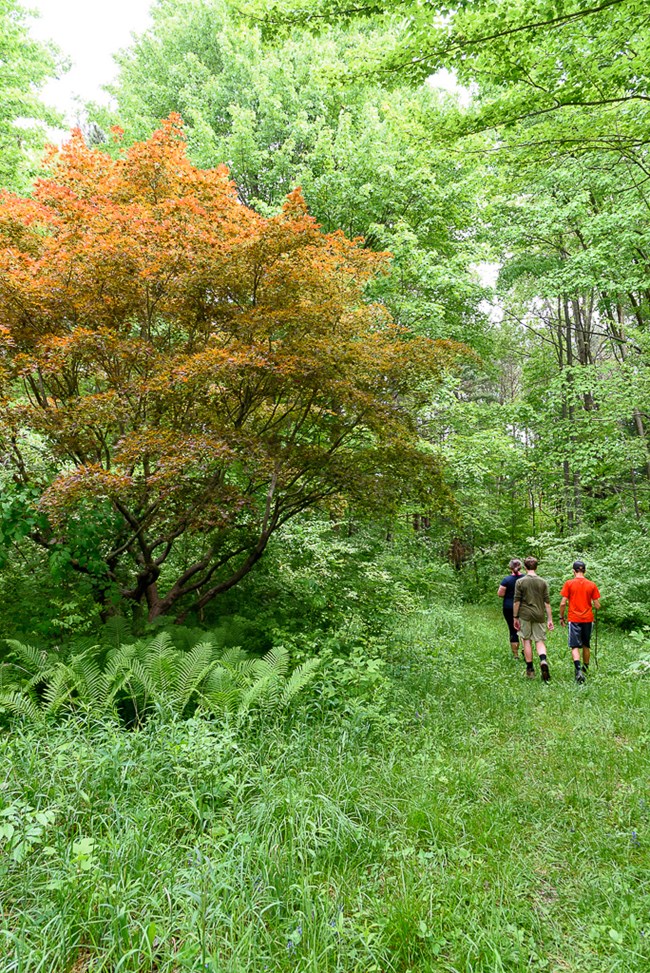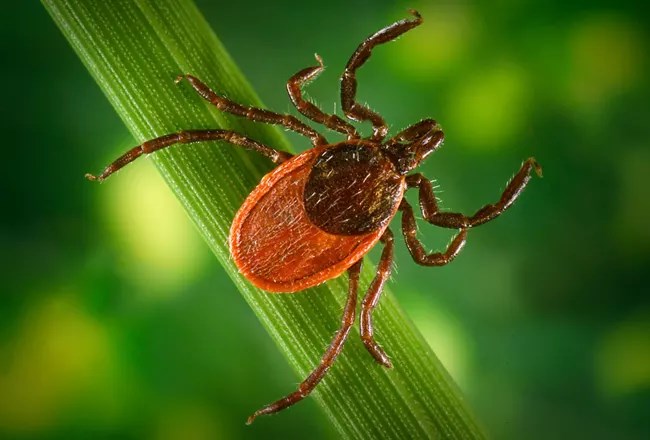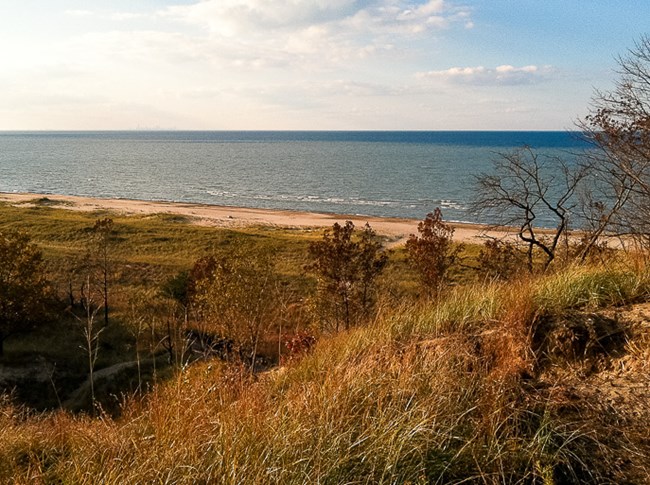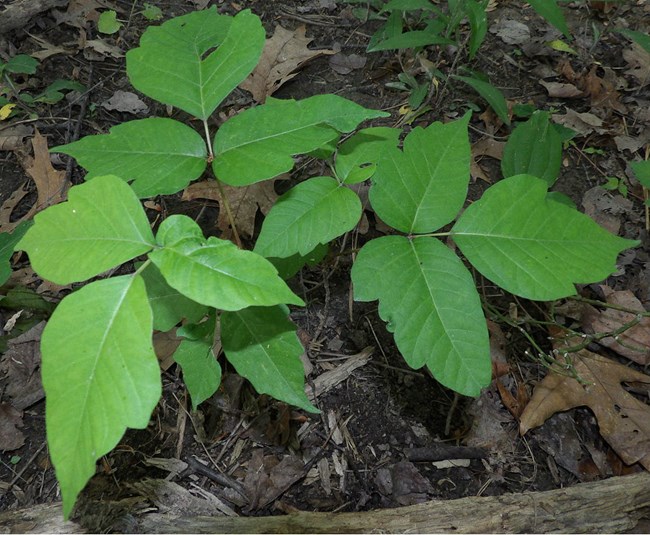
NPS / Rafi Wilkinson General TipsOver 50 miles of hiking trails spread across Indiana Dunes National Park. Hitting the trails is one of the best ways to connect to this landscape. Please review the following information to ensure you have a safe and enjoyable park adventure.
Please visit Hike Smart for general hiking safety tips. 
NPS Photo Ticks and Insects: Bites and StingsTicks and biting insects such as mosquitos present a serious risks to visitors because of their ability to transmit disease. Mitigate the risk with these tips:
Stinging insects such as wasps and bees have the potential to cause dangerous allergic reactions:
For more information on ticks, visit Tick-Borne Diseases 
NPS / Rafi Wilkinson Heat and SunOverheating on the trail presents a serious risk. Keep cool with these tips:
For more information on heat safety, visit Beat the Heat: Prevent Heat-Related Illnesses 
NPS Photo Harmful PlantsFor your safety, please stay on officially designated trails and avoid brushing against vegetation. Multiple species of plants can cause skin irritation to visitors. A few notable plants to avoid include: Poison Ivy + Poison Sumac:Allergic contact dermititus: Urushiol oils present on the surface of plants can cause itchy allergic reactions that last over a week. Oils can pass onto skin by brushing up against plant leaves, stems, or vines. Posion ivy is a native plant species that is abundant along many trails. Posion sumac is a native plant species that is confined to few wetlands in the park. Poison Hemlock: Phytophotodermititus:Sap from inside the plant makes skin highly susceptible to UV damage from sunlight and can cause painful blisters and chemical burns. This invasive plant species can be 5-12 feet tall, has white flowers, and is common in disturbed areas along roads and trails. This plant is locally abundant along the newly paved portion of the Marquette Greenway Trail through the City of Portage and the Town of Burns Harbor. Avoid breaking plant stems or leaves to avoid sap. |
Last updated: August 23, 2024
